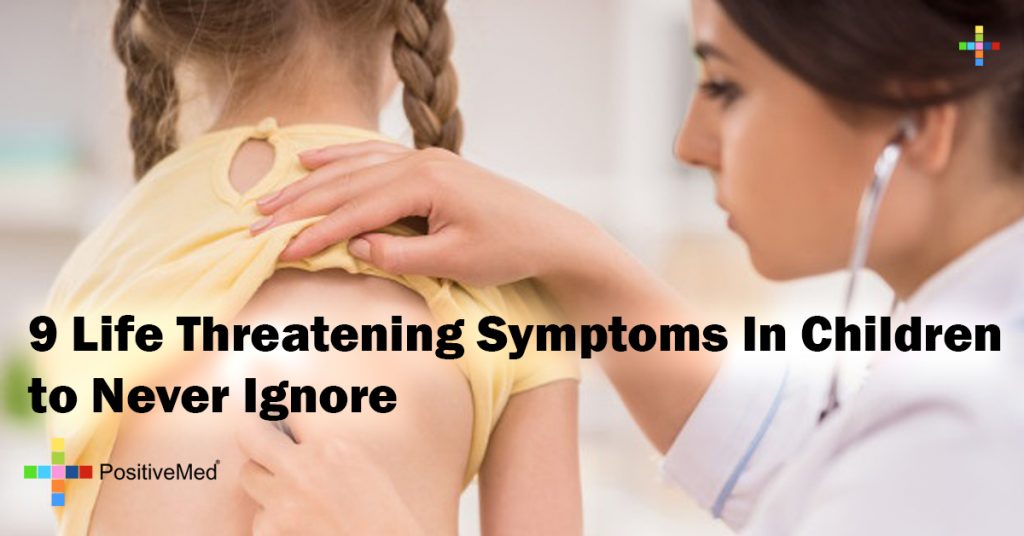
Temporary Pain Relief Tips before Visiting the Pediatric Urgent Care Center
When it’s after hours and your child comes down with a sudden fever or develops a burn after trying to help with dinner, you may need to take your child to a pediatric urgent care center. If you’re away from your home or hospital, it is typically easy to find pediatric urgent care centers near you by searching online.
When an injury or sudden illness occurs, the first step is to evaluate if it’s life-threatening. If so, call 911 or take the child to the closest emergency room immediately.
The following list includes life-threatening symptoms, injuries, and illnesses:
• Non-stop bleeding
• Choking
• Coughing or vomiting blood
• Difficulty breathing
• Ingestion of a poisonous substance
• Head or spinal injury
• Loss of consciousness
• Chest pain
• Fever in children less than 2 months old
Even for non-emergencies, it is sometimes better to err on the side of caution and seek medical care for your child. If your child experiences one of the following symptoms, injuries or illnesses after hours or on the weekend, take him or her to the nearest pediatric urgent care center and use these tips to temporarily relieve any pain:
• Minor burns
• The skin will be red and you’ll notice swelling. Your child’s burn will be painful, too. Take a cool cloth and gently apply it to the burn. If you have aloe vera, spread it over the burn to relieve pain.
• Colds, coughs and sore throats
• Give your child cough drops and warm tea with honey to soothe the throat.
• Lacerations
• Apply pressure to the bleeding with sterile gauze. Do not replace the original gauze if it bleeds through; keep applying fresh gauze. If bleeding doesn’t stop within five minutes, take your child to the emergency room.
• Mild to moderate animal bites
• If there is bleeding, apply pressure to the bite area. If the bite scratched the surface of the skin, clean with soap and warm water; rinse after. To reduce the risk of infection, apply an antibiotic cream and cover with a sterile bandage.
• Ear infections
• Apply heat to the ear with a heating pad or a warm washcloth. Make sure the cloth or heating pad is not too hot for your child.
• Pink eye
• Because conjunctivitis, otherwise known as pink eye, is extremely contagious, it is imperative you take your child to the pediatric urgent care unit to get antibiotic eye drops. There is no at-home treatment. Disinfect the house to reduce the chances of your family contracting pink eye from your child.
• Vomiting
• Offer your child small amounts of clear liquids after 30 minutes and do not give your child any solids until six hours have passed.
• Mild stomach pain
• If your child was in the middle of a playdate, have them take a break and rest. Give your child a cup of chamomile or ginger tea to sip. Suggest a potty break, as bowel movement can relieve the pain.
When taking your child to the nearest pediatric urgent care center, bring your insurance card, identification and any relevant medical records for quick check-in at the reception desk. Urgent care centers are equipped to provide care after hours, so you can have peace of mind and get medical care for your child whenever it’s needed.
This article was contributed by Miami Children’s Hospital, a leading children’s hospital renowned for excellence in medical care. With leading pediatric surgeons and medical professionals, Miami Children’s Hospital offers children’s urgent care, evaluation, and treatments in all areas of pediatric care.






